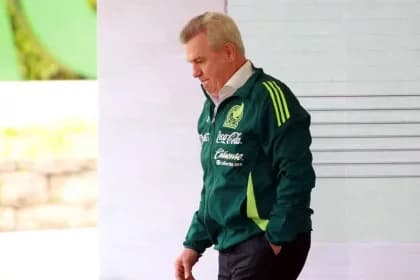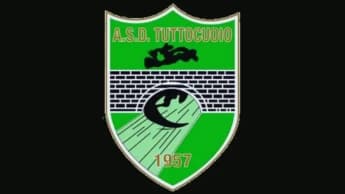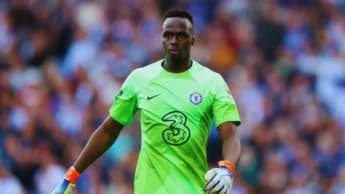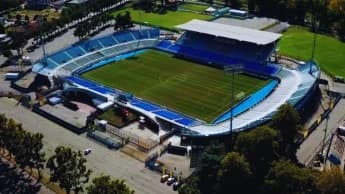
"Amidst the thrills and intensity of football, a troubling incident during Mexico’s Nations League clash underscores the urgent need for enhanced security measures to protect players and fans from violence fueled by passion."
The unpredictability of football transcends the boundaries of the field, a reality starkly highlighted during the thrilling Nations League quarter-final match between Mexico and Honduras. Following a disappointing 2-0 loss in San Pedro Sula on Friday, seasoned coach Javier Aguirre, who is 65 years old, encountered a startling incident after the match that brought to light persistent worries regarding crowd conduct in the sport.
As the final whistle resonated throughout the electrifying atmosphere of the General Francisco Morazán Stadium, Aguirre walked along the touchline, ready to greet his Honduran counterpart, Reinaldo Rueda. In a surprising turn of events, a projectile—a can—was thrown from the stands, hitting Aguirre on the top of his head. Blood instantly began to flow from the injury, serving as a stark reminder of the violence that can arise during high-stakes matches in the region.
Exhibiting his usual calmness in challenging situations, Aguirre spoke to the press shortly after receiving treatment for his injuries. “This is football, and there’s no reason to focus on the other issues because I’m not one to complain,” he stated, shifting the focus away from the incident. However, his composed demeanor did not diminish the significant concerns for CONCACAF, which quickly issued a strong condemnation of the violent occurrence.
In its official statement, CONCACAF highlighted, “The safety of the teams and supporters is of utmost importance. Such acts of violence have no place in football.” The confederation stated that the issue would be escalated to its Disciplinary Committee for additional review. The inquiry will likely concentrate on identifying the individual responsible and evaluating possible repercussions for the management of the host venue.
This troubling incident occurs at a pivotal moment for Aguirre, who took charge of Mexico's national team for the third time in July, following the sudden firing of Jaime Lozano due to a disappointing early elimination from the Copa America. Aguirre’s extensive coaching background, which includes previous roles leading Mexico and managing teams in Spain’s La Liga, is noted for his tactical intelligence and strong leadership qualities.
Nonetheless, Aguirre's difficulties go beyond mere tactical confrontations on the pitch. Games in certain regions of Central America are infamous for their unpredictable environments, where passionate support can at times escalate into hostility. The General Francisco Morazán Stadium, recognized for its enthusiastic home crowd, has experienced its share of heated encounters, but events of violence such as this highlight an urgent need for strengthened safety protocols.
Although Aguirre chose to minimize the incident, the sight of a bloodied coach of the national team undoubtedly ignites discussions regarding the measures that should be taken to avoid similar incidents in the future. CONCACAF's firm condemnation and commitment to disciplinary action could indicate a shift towards a stricter stance on event security, in line with the international standards upheld by other governing bodies such as UEFA and FIFA, which impose severe penalties for crowd-related misbehavior.
The Mexican national team, known for its fervent supporters and rich history, has faced numerous challenges both on and off the field. For Aguirre, a veteran with extensive experience in dealing with the ups and downs of football, this occurrence represents yet another chapter in his distinguished career. As Mexico readies itself for the second leg of this intense quarter-final matchup, the attention will undoubtedly be divided between the team's performance during the game and the implications of this distressing incident.
In the short term, Aguirre's recovery and leadership will be crucial as he motivates his team to react positively, aiming to reverse the score while upholding professionalism in the wake of the events. Nevertheless, the larger concern of stadium safety will continue to be closely examined, with
Javier Aguirre's ability to remain steadfast in challenging circumstances highlights his strong character, while also underscoring the critical need for improved security measures at high-pressure football matches in the area. As Mexico seeks to regroup and refocus on the game, this incident serves as a stark reminder of the dangers that can occur when the fervor for football exceeds the limits of sportsmanship.





